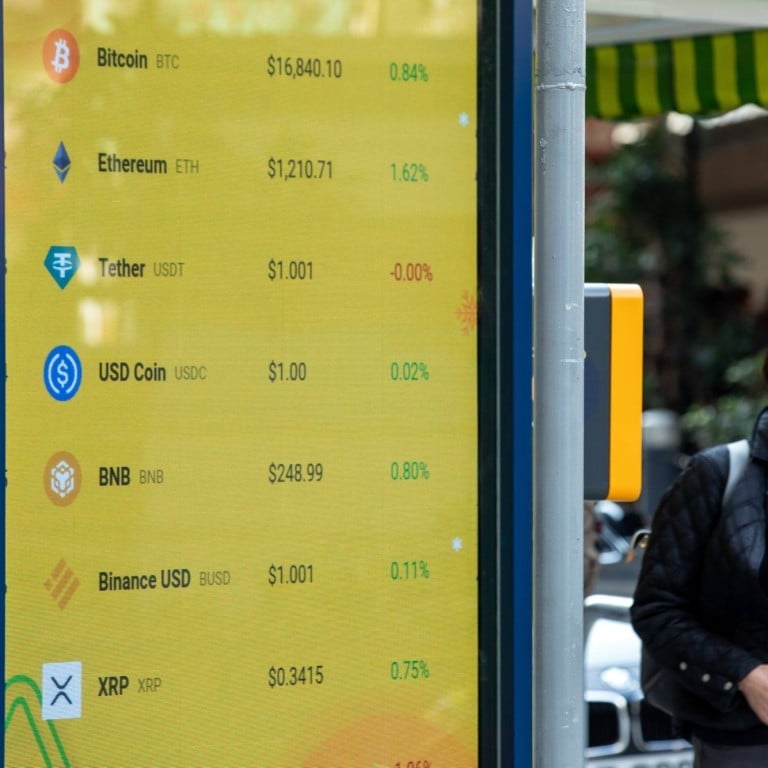
Cryptocurrency exchange OKX to apply for virtual asset licence in Hong Kong as city overhauls regulations
- OKX said in a statement on Tuesday that it is applying for the licence in Hong Kong just two months before the city will officially make crypto trading fully legal
- Many in the crypto industry left Hong Kong in recent years after the city introduced a voluntary licensing regime that limited retail participation
Cryptocurrency exchange OKX said it plans to apply for a virtual assets trading licence in the city, in the latest sign of Hong Kong’s growing attractiveness as a global virtual asset hub as US regulators probe Binance and Huobi’s Justin Sun.
OKX, which claims to be the world’s second-largest crypto exchange by trading volume, said in a statement on Tuesday that it is applying for the licence in Hong Kong just two months before the city will officially make crypto trading fully legal.
Hong Kong’s plan to woo cryptocurrency exchanges has made it an oasis at a time when the global crypto investment community is still reeling from the collapse of FTX, as well as a sharpened regulatory stance in the US.
Lennix Lai, the firm’s managing director of global institutional, said during a media briefing in Hong Kong on Tuesday that OKX sees “immense potential” in the city and is willing to invest in talent and work with regulators “over the next five years to continue building the local ecosystem”.
Top crypto exchange Binance and CEO Changpeng Zhao sued by US regulator
OKX said it has been preparing for more than a year to meet Hong Kong’s new regulatory requirements governing cryptocurrency exchanges that will come into effect in June this year.
The exchange will set up two entities, one called OKX Hong Kong Fintech Company Limited to apply for licences to operate a brokerage and exchange, and another, called OKX Hong Kong Custody Company Limited, to apply for a trust and company service provider (TCSP) licence for holding assets.
Many in the crypto industry left Hong Kong in recent years after the city introduced a voluntary licensing regime that limited retail participation. Unlicensed exchanges, including OKX, could still serve customers in the city, but companies started moving to markets, like Singapore, seen as having more favourable industry regulations.
Banking challenges grow for Hong Kong crypto firms after Silvergate, Signature closures
On Monday, the US Commodity Futures Trading Commission filed a lawsuit against crypto exchange Binance and its founder Zhao Changpeng, alleging that the company offered unregistered crypto derivative products in the US, which is against federal law.

